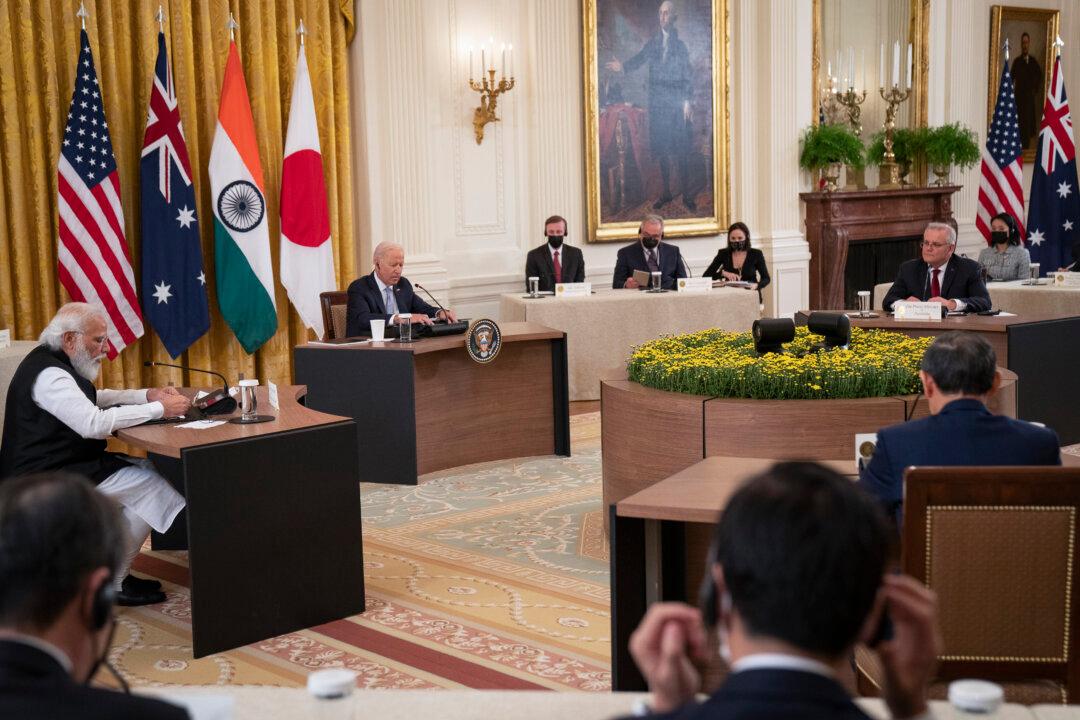News Analysis
A war between China and Taiwan is nearly inevitable. And if the U.S. military intervenes, it could easily escalate, drawing in several of the world’s most powerful militaries.

A war between China and Taiwan is nearly inevitable. And if the U.S. military intervenes, it could easily escalate, drawing in several of the world’s most powerful militaries.